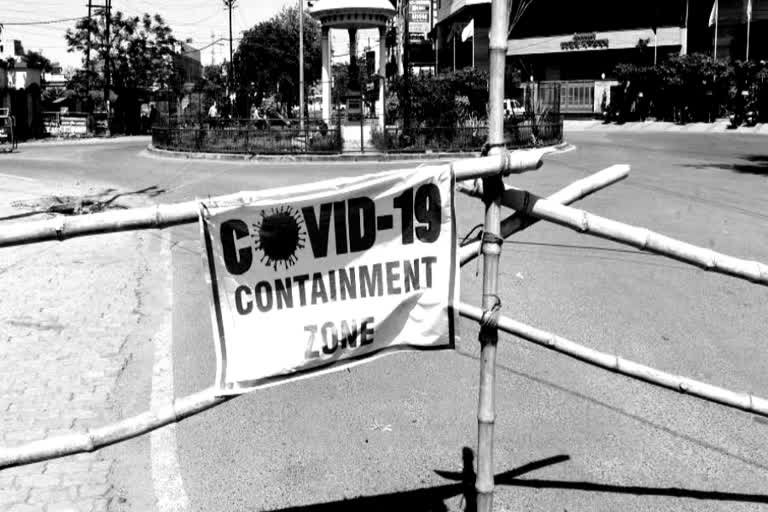Malappuram (Kerala): Lockdown is nothing new in Kerala as documents and a newspaper clipping point to a similar regulation that was imposed 121 years ago in order to contain the Bubonic plague that ravaged India killing many.
Even though the present generation finds ‘lockdown’ measures to contain the pandemic to be new, history indicates how such containment and precautionary measures were carried out then.
Unnikrishnan Namboothiri from Karikkad Palisseri Mana in Manjeri, Malappuram district, has preserved historic documents on lockdown.
When the Bubonic plague ravaged the whole country, the regulation then, though not named 'lockdown', had advised against people gathering and traveling from affected districts as a precautionary measure to prevent the spread of the contagion.
The plague in 1900 had gripped the whole world like the present-day COVID and many fatalities were reported. When it was reported in India and started spreading across the length and breadth of the country, the then Governor ordered a lockdown-like regulation in Malabar to check the contagion, prevent deaths and banned travel to attend festivals.
The documents and scriptures at Karikkad Palisseri Mana have been examined, digitised and preserved by the Archaeological Department.
The order, published originally in Malayalam, is translated as, “There is a possibility of plague contagion scare in Guruvayur if the people from Mysore district, Salem district and other plague affected districts are allowed to travel and reach Malayam District Ponnani Taluk Guruvayur for the upcoming Ekadashi festival and Chandha (a carnival fair)," the Governor said in a review meeting.
As per the 1897 Epidemic Act, people from these districts have been banned from traveling to the festival and fair at Guruvayur from November 16, 1900, until December. Anyone traveling and trying to reach the festival or fair violating the order would be sent back.
The order issued by HB Jackson, on behalf of the then Malabar Collector, and the newspaper advertisement published to convey it to the masses, is evidence of lockdown at the time. The order and the advertisement published then had banned all travel and movement from Mysore, Salem and other plague-affected districts to prevent the contagion of plague during the Guruvayur Ekadashi festival.
ALSO READ: First Oxygen Express for Kerala on the way




